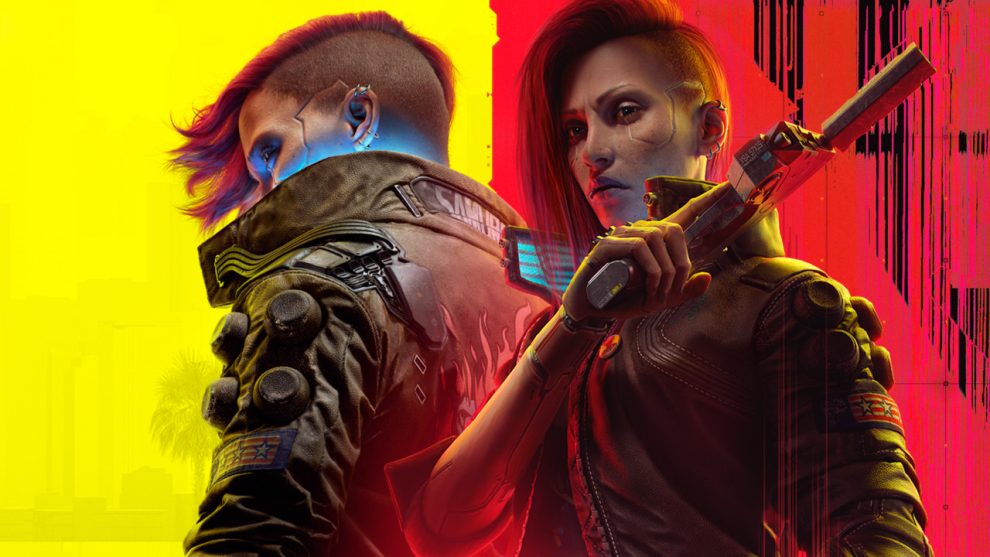In the realm of video game launches, few events have captured the attention and disappointment of players quite like the release of Cyberpunk 2077. Promising a futuristic world of unparalleled depth and immersion, the game’s launch was marred by technical issues, broken promises, and a gap between expectation and reality. However, amidst the chaos of Night City’s troubled launch, there are valuable lessons to be gleaned for game developers everywhere. Join us as we dissect the critical areas where Cyberpunk 2077 stumbled and explore the pathways toward smoother launches in the future.
1. Managing Expectations: Balancing Hype and Reality
Cyberpunk 2077’s marketing campaign generated unprecedented levels of anticipation, painting a vivid picture of a meticulously crafted open world teeming with life. Yet, upon release, the reality fell short for many players, particularly on last-gen consoles. This dissonance between expectation and reality led to widespread disappointment.
Lesson Learned: Transparency is paramount. Developers must communicate openly and realistically with their audience, tempering expectations and acknowledging the limitations of different platforms. By setting honest expectations, developers can avoid the backlash of unmet hype.
2. Prioritizing Quality Assurance: Fortifying the Foundation
At launch, Cyberpunk 2077 was plagued by a multitude of bugs and technical glitches, disrupting the gameplay experience across all platforms. Reports suggest that internal pressure to meet deadlines may have compromised thorough quality assurance testing, particularly on older hardware.
Lesson Learned: Robust quality assurance testing is non-negotiable. Developers must allocate sufficient time and resources to identify and rectify bugs throughout the development cycle. Testing should encompass diverse environments, including older hardware, to ensure a seamless experience for all players.
3. The Art of the Delay: Honoring Commitments
Cyberpunk 2077’s release was delayed multiple times, prompting frustration among eager fans. While delays are often necessary for polish, the repeated postponements eroded player trust and fueled speculation about the game’s readiness.
Lesson Learned: Communication is key during delays. Developers must transparently communicate the reasons behind delays and provide revised timelines with realistic expectations. This time should be leveraged to address player concerns and showcase tangible improvements.
4. Building Bridges: Nurturing Developer-Player Relations

Following the turbulent launch, CD Projekt Red faced a barrage of criticism from disillusioned fans. The studio’s initial response, focused on bug fixes and updates, felt reactive rather than proactive, exacerbating the rift between developers and players.
Lesson Learned: Cultivating healthy developer-player relations is paramount. Developers must actively engage with their community, addressing feedback and concerns in a timely and transparent manner. After a rocky launch, prioritizing open communication is essential to rebuilding trust.
5. The Power of Platform Optimization: Crafting Tailored Experiences
Cyberpunk 2077’s performance on older consoles fell far short of expectations, leaving many players feeling as though they were playing an unfinished product. This disparity in performance across platforms tarnished the game’s reputation.
Lesson Learned: Optimize the game for each platform. Developers must allocate resources to ensure a stable and enjoyable experience across all intended systems. Transparency about potential compromises on specific platforms is essential to managing player expectations.
Beyond the Bugs: Lessons in Humanity
The launch of Cyberpunk 2077 not only highlights the technical challenges of game development but also sheds light on the human toll of crunch culture and unrealistic deadlines. The well-being of developers must take precedence over arbitrary release dates to foster a sustainable and creative work environment.
The Road to Redemption: A Second Chance for Night City
Despite its troubled launch, CD Projekt Red has embarked on a journey of redemption, diligently releasing patches and updates to address performance issues and bugs. The studio’s commitment to improvement, coupled with the release of substantial free DLC content, has begun to rebuild trust among players.
Conclusion: A Brighter Future Ahead
The lessons gleaned from the tumultuous launch of Cyberpunk 2077 serve as a beacon of guidance for future game development endeavors. By prioritizing transparency, robust quality assurance, open communication, and platform optimization, developers can navigate the pitfalls of game development with greater success. Ultimately, a focus on player experience, developer well-being, and a commitment to continuous improvement are the cornerstones of a successful game launch. As the gaming industry continues to evolve, let the lessons from Night City illuminate the path toward a brighter future for developers and players alike.
















Add Comment